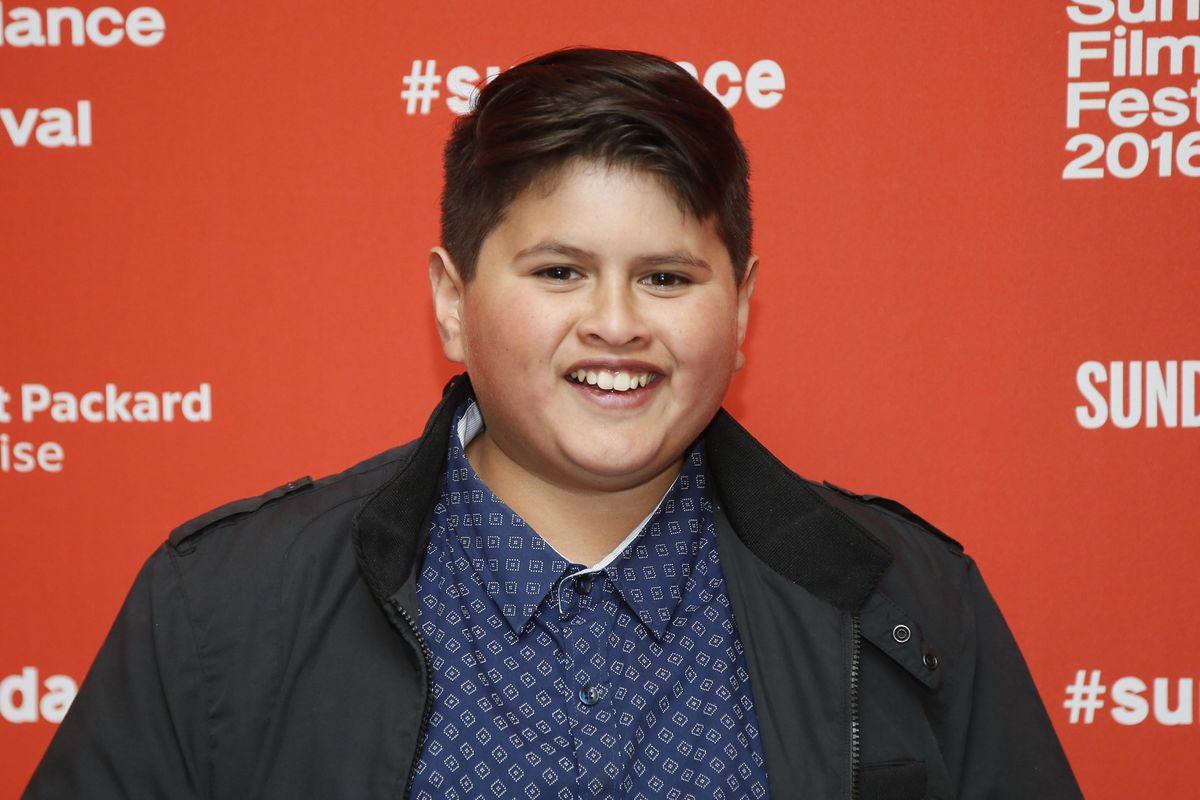One Heart Native Arts and Film Festival gives platform to indigenous voices

In keeping with their mission, the One Heart Native Arts and Film Festival, now in its second year, will again provide a platform for indigenous art in mainstream entertainment in the Inland Northwest.
This year’s festival features work that shows the connection between art and activism and closes with a documentary about the Standing Rock Indian Reservation and the peaceful resistance to the Dakota Access Pipeline.
The One Heart festival was in the planning stages when the protests at Standing Rock were taking place. The situation weighed heavy on the minds of organizers, who would often discuss Standing Rock during planning meetings.
“When we saw that organic discussion taking place in the documentary film world, we thought this is the best time to try and engage the Spokane and greater Spokane area in a dialogue about what ‘Water is Life’ means, and why it’s important for us to be fighting for something like this,” Josephine Keefe, president of the board of the One Heart festival, said.
The One Heart festival will be held Friday and Saturday.
The festival features the One Heart Art Gallery, which is open Friday from 5:30-8 p.m. and Saturday from 10 a.m.-6 p.m. at the Unfinished Space, 165 S. Howard St.
The gallery features work from Native artists from the Inland Northwest and beyond including Ric Gendron, Bob Charloe, Diane Covington, Carly Feddersen, Jeff Ferguson, Ric Gendron, Stephanie Marchand and Jeremy Salazar.
The gallery will also feature work from participants in the Helping Enhance Aboriginal Lives for Reentry program, which allows incarcerated Native American, Asian Pacific Islander and other Aboriginal men on good behavior to participate in drum circles and powwows, bead, carve and paint.
Admission to the gallery is free, and the work will be available for purchase.
The first film of the festival is New Zealand adventure comedy-drama “Hunt for the Wilderpeople,” which follows the defiant Ricky Baker (Julian Dennison, a Maori) and his aunt’s husband “Hec” (Sam Neill) as they go on the run in the New Zealand bush, evading capture and working together to survive. (Friday, 7:30 p.m.)
Following the screening, Donell Barlow, who became a member of the planning committee after working to bring awareness to the HEAL for Reentry program, will speak on a panel about her time in New Zealand.
“They have their own battles going on right now with some corporations that are actually the same corporations that partner with energy transfer systems, which is behind the DAPL,” she said. “I went down there to help out. Some of the people that were there made it to Standing Rock. They’re using me to tie that all together.”
The second day of the festival kicks off with the One Heart Short Film Showcase, which features short films, everything from documentary and fantastical to drama and comedy, from American Indian and Alaska Native filmmakers from across the country. (Saturday, 10:30 a.m.)
“We’re looking for Native American or indigenous filmmakers who need a platform,” Keefe said. “They need a place to show their work, and we hope that One Heart can be that platform for them.”
Later in the afternoon, award-winning Cherokee actor DeLanna Studi (“Edge of America,” “We Are Still Here,” “The Only Good Indian,” “Z Nation”) will present “Her-story: The Evolution of DeLanna Studi,” a retrospective compilation of her work.
During “Her-story,” Studi will talk with journalist Hattie Kauffman (KING 5, “Good Morning America,” CBS News).
“We think that an important discussion, as well as art and activism, is the discussion of being an indigenous woman in the entertainment industry,” Keefe said. “We thought it was going to be very fitting to have these two strong Native women talk about the entertainment industry, the L.A. scene and what it’s like to try and bring your voice to the table.”
Studi will then perform her autobiographical play, “And So We Walked: An Artist’s Journey Along the Trail of Tears,” which centers on her experience traveling the route of the 900-mile trail as well as how the forced march has continued to impact the Cherokee people. (Saturday, 2 p.m.)
Kiowa-Choctaw artist and filmmaker Steven Paul Judd (“Ronnie BoDean,” “Search for the World’s Best Indian Taco”), who was also at last year’s festival, will then take the stage for a tile workshop designed for artists 12 and older.
Judd will speak about how he and other artists use art to bring attention to social issues and inspire people to take action. (Saturday, 4 p.m. Email Helen Goodteacher at helen.goodteacher@kauffmaninc.com to reserve a spot.)
“Awake: A Dream From Standing Rock,” a film that highlights the peaceful movement of members of the Standing Rock Sioux Tribe as they resisted a pipeline that would threaten clean water and cultural resources, headlines the second night of the festival. (Saturday, 7:30 p.m.)
After the screening, Barlow, Floris White Bull, the principal subject and co-writer of “Awake,” and Myron Dewey, the founder and owner of Digital Smoke Signals whose drone footage was used in the film, will participate in a panel discussion.
Author/spoken word artist Gyasi Ross will moderate the discussion.
Ross will also perform his spoken word art at the Closing Night Party. The party will also feature music from Seattle’s Native folk band Daisy Chain and food from chef Jeremy Hansen. (Saturday, 10 p.m., Washington Cracker Building, 304 W. Pacific Ave.)
Though the One Heart Native Arts and Film Festival was created to be a place where indigenous voices, artistically and politically, could be represented, Keefe hopes that audiences of all backgrounds can walk away with an appreciation for indigenous work.
“We’re hoping that our audience can grow each year that One Heart continues in Spokane,” Keefe said. “It’s open to anyone of all backgrounds to come and experience maybe something that you’ve never seen before, and to engage with our special guest artists in a dialogue about the importance of indigenous art or the importance of indigenous storytelling.”